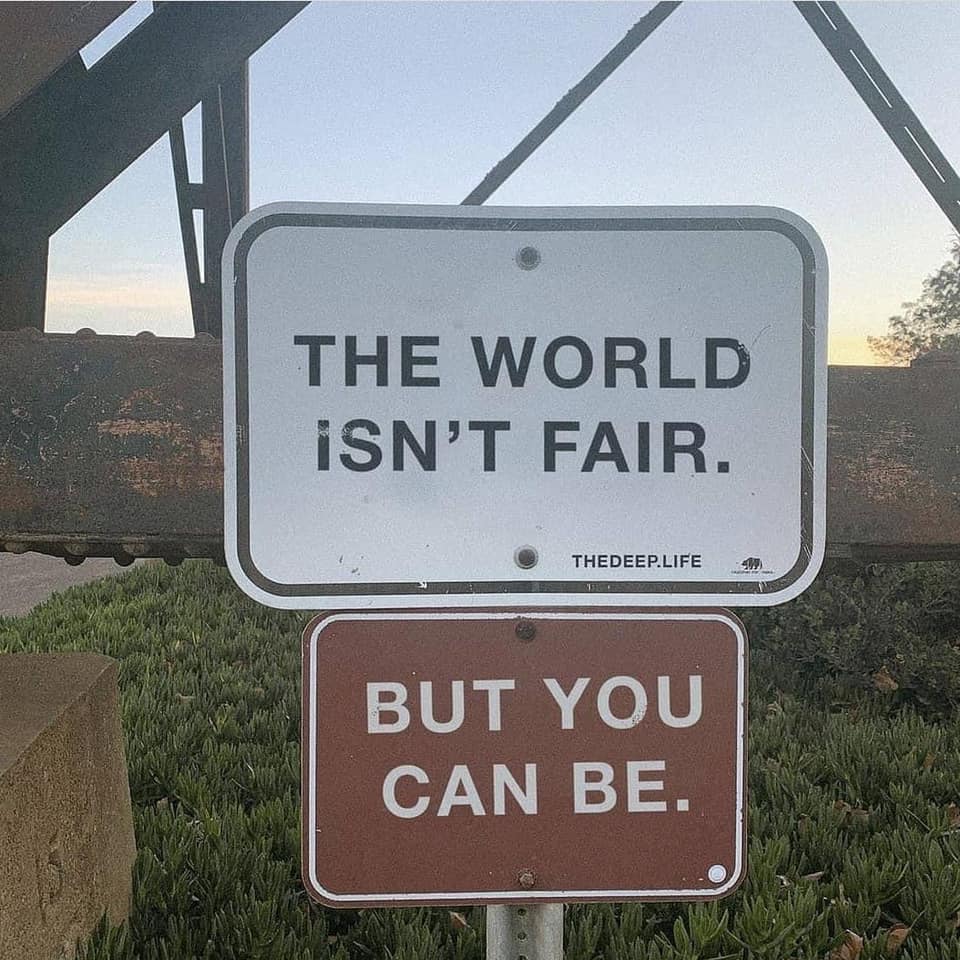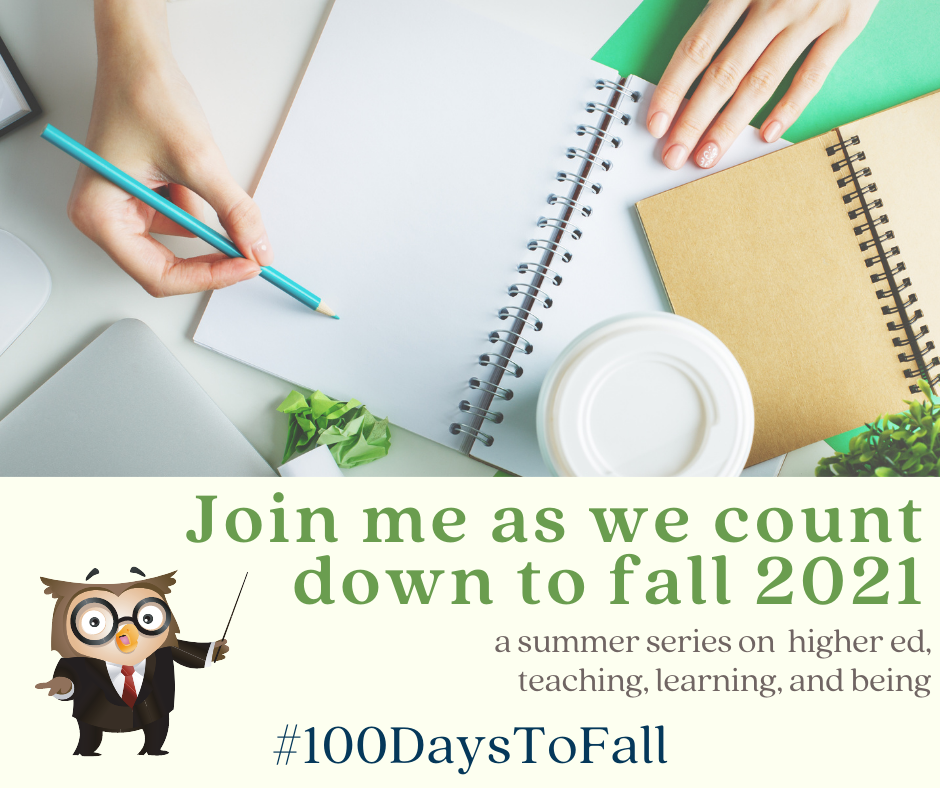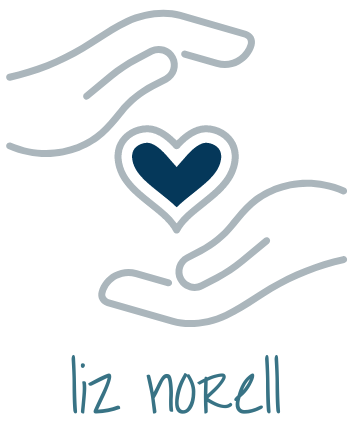I have so many thoughts swirling in my brain today, mostly because I’ve been consuming information at a faster-than-normal clip (thanks to all the driving I’ve done in the last week — more than 32 hours in the car over seven days). But for a #100DaysToFall post, I pulled out a book I read over the winter break, a book that hopes to serve as the launchpad for a culture shift at my own workplace. It’s called Everybody Matters: The Extraordinary Power of Caring for Your People Like Family, written by CEO of Barry-Wehmiller Bob Chapman (with Raj Sisodia).
The key ingredient to Chapman’s work (and company) he calls Truly Human Leadership. Barry-Wehmiller understands that people who feel cared for and trusted at work will perform better, be happier and healthier, and stay longer. This is as true in academia as in other sectors; as Parker Palmer writes in The Courage to Teach, “Who does not know that you can throw the best methods, the latest equipment, and a lot of money at people who do not trust each other and still get miserable results? Who does not know that people who trust each other and work well together can do exceptional work with less than adequate resources?” (p. xvii, Foreword to the Tenth Edition, italics in original)
(Aside: That’s basically what you should attribute all educational successes to … because heaven knows we nearly always operate with less-than-adequate resources.)
Chapman and Sisodia quote Simon Sinek (“the optimist”) in their own book, talking about what motivates workers to give their very best. Sinek says: “The thing that makes us love our jobs is not the work that we’re doing, it’s the way we feel when we go there. We feel safe; we feel protected; we feel that someone wants us to achieve more and is giving us the opportunity to prove to them and to ourselves that we can do that. And by the way, it’s good for innovation, it’s good for progress, and it’s good for profit.” (quoted in Chapman and Sisodia, p. 65)
We academics tend to bristle at words like “profit,” preferring to think of our work as somehow being above market demands and economic incentives. But we’re also the first to lament (as I did two paragraphs earlier) the lack of financial resources to do our work as well as we’d like. The two go hand in hand, and if we’re not willing to think about how we create market demand for what we’re “selling” (i.e., learning), we’ll soon enough find ourselves with nobody to teach (aka unemployment, which for the record I’d rather avoid).
What is true for us as faculty is equally true for our students: The thing that creates positive energy and learning momentum in our classes is not the sheer love of learning; it’s the way our students feel when they engage in the learning activities we design. And let’s face it, folks: Our students rarely express love for the learning activities we’ve designed.
This isn’t about catering to the least-common denominator or dumbing down our classes. It’s about creating learning experiences that feel interesting, important, and — perhaps most critically — relevant to our students’ lives.
It’s why I cannot help but roll my eyes when my students ask what kind of citation style they need to use for assignments in my class. I fundamentally understand that some classes are going to be dictatorial and punitive when students don’t PERFECTLY employ MLA or APA or Chicago or Turabian style in their papers … so students have been trained to suffer anxiety over these picayune matters.
But seriously, people — real talk here: WHEN has a non-academic person had to worry about getting a citation perfectly, exactly correct outside of a college classroom? When would, for example, their entire work be considered as subpar because they didn’t perfectly replicate an arcane set of formatting rules for periods and commas when all they REALLY needed to convey is: ‘I didn’t make this up; someone else said it, and here’s the proof’??
I roll my eyes not because the students have asked a poor question; I roll my eyes because we have trained them to worry about something utterly and entirely unrelated to learning.
Students step into my classes girded for battle over an array of potentially ridiculous regulations and guidelines. And yes, yes, I know, we all have to comply with ridiculous regulations and guidelines in life — I. KNOW. (Don’t hate-spam me.) But I’m reminded of this photo I saw on Facebook earlier today:

Just because other teachers are going to punish students for improperly punctuation a Works Cited citation does not mean you have to do so as well. We are allowed to be more humane. Indeed, I believe, we have a moral obligation to be.
… {deep breath}
So I got off on a bit of a rant there. #sorrynotsorry
My point is: Learning should be FUN. If you’ve spent any time around a child (4-6 years old or so is primo), you know that we were once insatiably curious creatures. There was no limit to the number of successive “Why?” questions we would ask. We yearned to know All The Things, ideally now. We asked the experts in our lives — basically everyone taller than us — and would not relent until we were satisfied with their answers. Which was never.
Why does that insatiable curiosity die off (for many of us) around age 6 or 7? I’m not saying it’s definitely because that’s when we’re fully in the swing of going to school five days a week … but I’m also not saying it’s NOT that, either. (Correlation != causation, but that doesn’t mean correlation cannot coexist with causation.)
These thoughts are very much on my mind, as I’m currently about 25 pages into Susan D. Blum‘s fascinating book “I Love Learning; I Hate School!” An Anthology of College (which you should totally buy right now, begin reading STAT, and talk to me about over the next week or two–this is not a joke).
Blum’s premise is that we’ve created an industrialized system of education that too often saps all of the joy and relevance out. There are those — we call them “college professors” — who excel in the very formalized setting of traditional education. (Blum is one such person; I am certainly another.) But most students most of the time find school to be, at best, a series of hoops to jump through for the honor of calling yourself a graduate. The actual learning that impacts their lives happens incidentally along the way, often outside of our classrooms.
Pair this research with the Gallup report (26 February 2020) that — are you sitting down, faculty colleague? — only 27% of college graduates had a professor who cared about them as a person. LESS THAN ONE-THIRD. And yet, Gallup found, students who answered in the affirmative on that question (those who “strongly agreed” with that statement) were 1.9x more likely to be engaged at work in their post-college careers, and 1.7x more likely to be thriving in their wellbeing.
If you’ve been reading my #100DaysToFall blogs thus far, you probably sense that I’m urgently concerned about what comprises our priorities in higher education, and that I’m passionately committed to centering learning, joy, and purpose in my classrooms. We have so much work to do, and I fear that too many of our colleagues do not see the urgency of our call to love our students better, to change our orientation from competition to collaboration.
As I mentioned earlier, the trends we’re seeing right now are an existential threat to our continued survival. A 29 April 2021 report from the National Student Clearinghouse Research Center tracks steep declines in enrollment at undergraduate institutions, particularly at community colleges. We should all take note.
“Never let a good crisis go to waste,” Winston Churchill said (allegedly). Our opportunity right now, should we choose to see it that way, is to use this steep decline to recalibrate our orientation and create a better higher education moving forward.
Thanks for reading my #100DaysToFall series! To read more, look on the Teaching posts page to see everything I’ve written related to teaching. And come back soon to read more!







